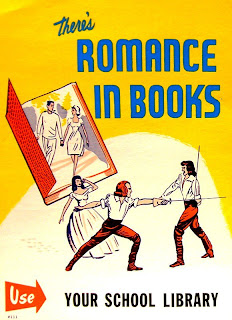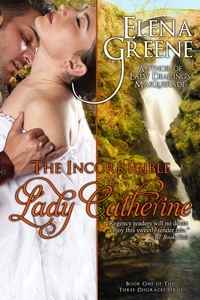Tomorrow is the Release Day for A Not So Respectable Gentleman?
It should appear in bookstores and can be ordered online. (ebook versions is out Aug 1, and the Mills & Boon version is out Aug 3)
I’m both excited and a little sad that the book is finally here (almost). A Not So Respectable Gentleman? is the last book in the series that began with the anthology, The Diamonds of Welbourne Manor.
In 2007 the adventure began when Harlequin Mills & Boon editor Maddie Rowe invited Deb Marlowe, fellow Risky Amanda McCabe, and me out to dinner during the Romance Writers of America conference in Dallas, Texas. We thought she was just being nice. The Mills & Boon editors always do nice things like that for their authors during the conference. Turns out she offered us a Regency anthology and each a book connected to the anthology.
Deb, Amanda and I were already friends. We’d become especially close on the Regency tour of England in 2003. So this was a fantastic treat. Our only instructions were to set the anthology in the Regency.
When we later met in Williamsburg, Virginia, to plan the anthology, we decided to create connected stories about a scandalous family created by the love affair between a duke and a lady who left her husband, an earl, to live with him. Their children – his, hers, and theirs – became known as the Fitzmanning Miscellany.
The anthology was about the three daughters. Deb’s and Amanda’s books were about the Duke’s legitimate sons, and A Not So Respectable Gentleman? is about the illegitimate son.
Here’s the back cover blurb:
Since Leo Fitzmanning returned to London, he’s kept his seat at the card table warm, his pockets full of winnings and his mind off a certain raven-haired heiress.
Until whispers at the gaming hell reveal that Miss Mariel Covendale is being forced into marriage with an unscrupulous fortune hunter!
Leo must re-enter the society he detests to help her before returning to his clandestine existence. But he hasn’t counted on Mariel having grown even more achingly beautiful than he remembered. Soon Leo realizes that there’s nothing respectable about his reasons for stopping Mariel’s marriage.
Here’s what the reviews are saying:
a lovely romance with a bit of suspense and the power and strength of a family….Gaston’s talents for evoking the era hold true to form….–Kathe Robin, RTBook Reviews
What made this book such an enjoyable read was the quick pace of the story, with characters that were allowed to be intelligent and practical people, while also being flawed…the romance that Leo and Mariel find again in one another kept my attention from beginning to end, and I closed the book with a smile for their future together.–Sara Anne Elliot, Rakehell
It was great fun revisiting the family we created together. Because this was the last book, I made it a point to bring all the Fitzmanning Miscellany back. They play important roles in Leo’s story. In fact, what Leo must learn in this story is that he can rely on his family when all else fails.
In celebration of the A Not So Respectable Gentleman?’s release, I’m giving away one signed copy of The Diamonds of Welbourne Manor and one signed copy of A Not So Respectable Gentleman? to one lucky commenter, chosen at random. I’ll announce the winner on July 25.
A question for you. If a book is part of a series, do you have to read all the earlier books first? Or do you not mind if you don’t know all the details that came before?







